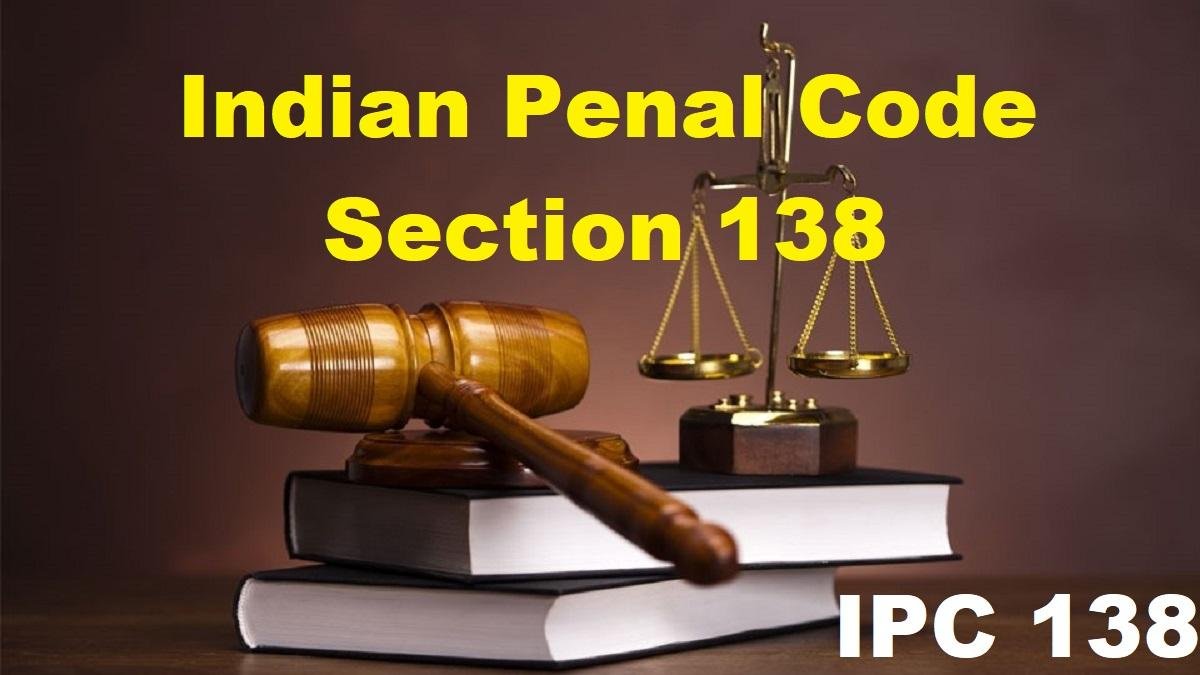The Supreme Court of India has clarified that cheque bounce proceedings under Section 138 of the Negotiable Instruments Act (NI Act) are maintainable even for cash loans above ₹20,000. This ruling settles the conflicting interpretations across various High Courts.
Key Points:
Legally Enforceable Debt: A debt created through a cash transaction above ₹20,000 in violation of Section 269SS of the Income Tax Act is considered a legally enforceable debt under Section 138 of the NI Act.
Penalty vs. Invalid Transaction: Breach of Section 269SS attracts a penalty under the Income Tax Act but doesn’t render the underlying transaction void or unenforceable.
Cheque Dishonour: Dishonour of a cheque issued for a cash loan above ₹20,000 is still covered under Section 138 of the NI Act.
Implications:
Cheque Bounce Litigation: Thousands of pending cases under Section 138 of the NI Act may be directly affected.
Commercial Transactions: Small businesses and individuals relying on cash dealings may benefit from this ruling.
Black Money Concerns: The judgment balances the need to curb black money with the enforceability of debts under the NI Act.
Supreme Court’s Stance:
The Supreme Court has emphasized that cheques are trustworthy substitutes for cash payments. By allowing cheque bounce complaints for cash loans above ₹20,000, the court has reinforced the credibility of cheques in commercial transactions.
This ruling reinforces the credibility of cheques as a trustworthy substitute for cash payments and promotes financial discipline.

